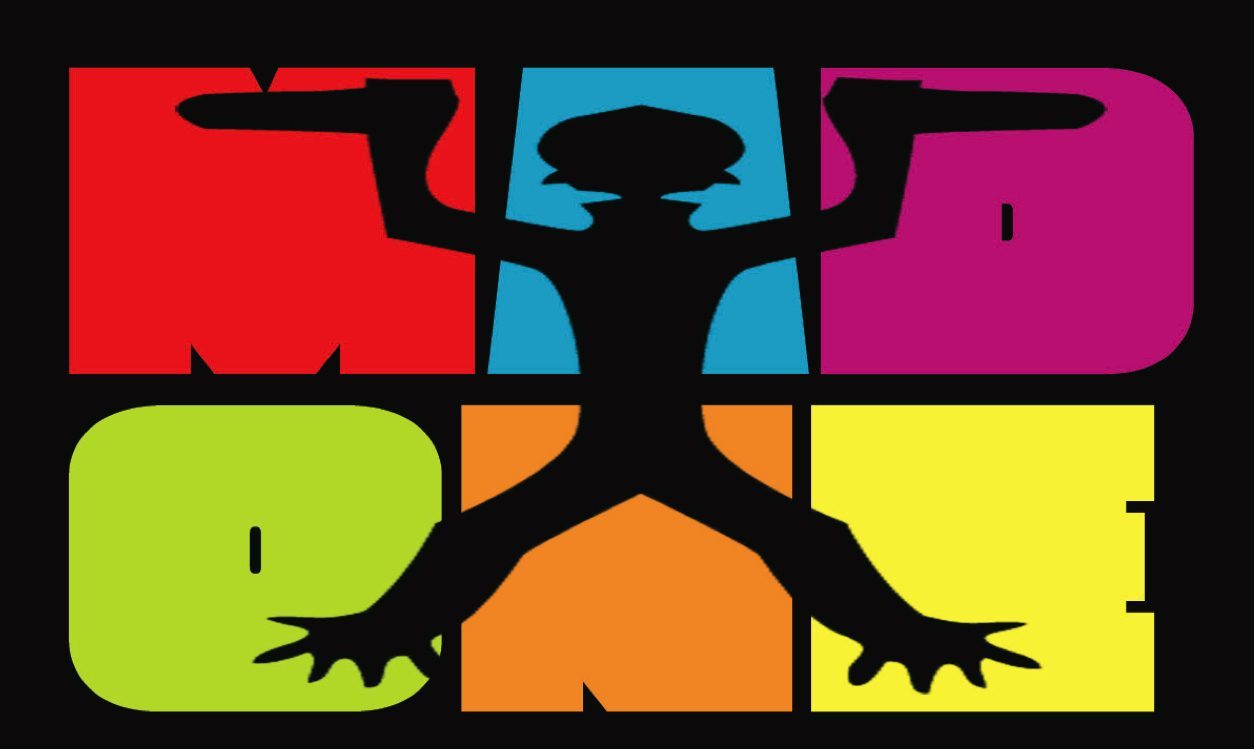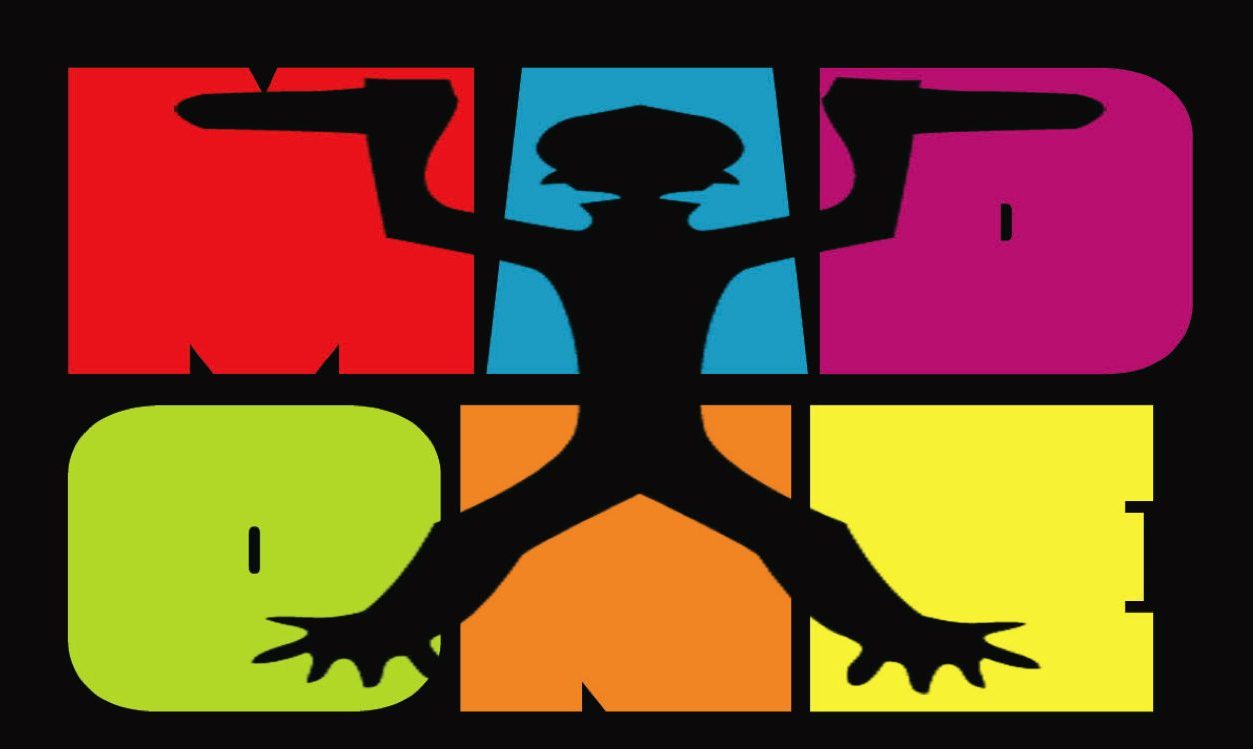We know that the best way to help someone in crisis is to relate with them as a peer. A peer to peer connection is often the most valuable source of support someone can receive when experiencing mental health trauma. Through sharing our stories we can relate with other individuals and their experiences.
I am a performer living with mental health challenges. When balanced I am speaking to youth as a trusted expert, when unhinged a much darker side emerges. I have experienced medications, doctors, hospitals, jail, and a brief time living on the streets. In recovery, the process of regaining what I had lost during those times, was years in the making and some connections cannot be fully restored. I attended support groups, volunteered, went back to school, lived in a group home, lived in a community, and constantly struggled to find work.
One group I ended up facilitating in San Francisco was called DBSA (Depression, Bipolar, Support Alliance). In my time running the youth group in the basement of St. Francis Hospital, we would relate to each other as individuals with mental health conditions. At the end of our group time, there would be an artistic share. As poets, musicians, artists, we would all share something that inspired us or that we created ourselves. It was my role as the budding young comic to gently turn the tears of our troubles into laughter.
The experience was so rewarding I went on to become a Recovery Coach in Oakland. I was trained as a WRAP (Wellness Recovery Action Plan) Facilitator and was coaching those living with similar conditions on how to be champions of their own recovery. Being a peer mentor was the first full-time job I had, and the only requirement was that I had mental health experience. Now seeing the true impact that my story had on others, I was filled with enthusiasm to shine a light on what is often a dark subject and use my personal narrative as inspiration.
In my last peer role, I developed a podcast series called Mental Health Minute where an individual speaks on one wellness tool they use for their condition. These short teachings impacted those who listened and are a way to share moments of hope through audio.
A sense of greater community is the ultimate goal of Mad One Media, fostering real connections and support to combat what can be a sense of isolation. The shame and stigma one faces when around a traumatic mental health experience is real. Sharing personal narratives and listening with an open heart are foundational ways we can destigmatize mental health conditions together.
-Joshua Walters
Founder & Director, Mad One Media

